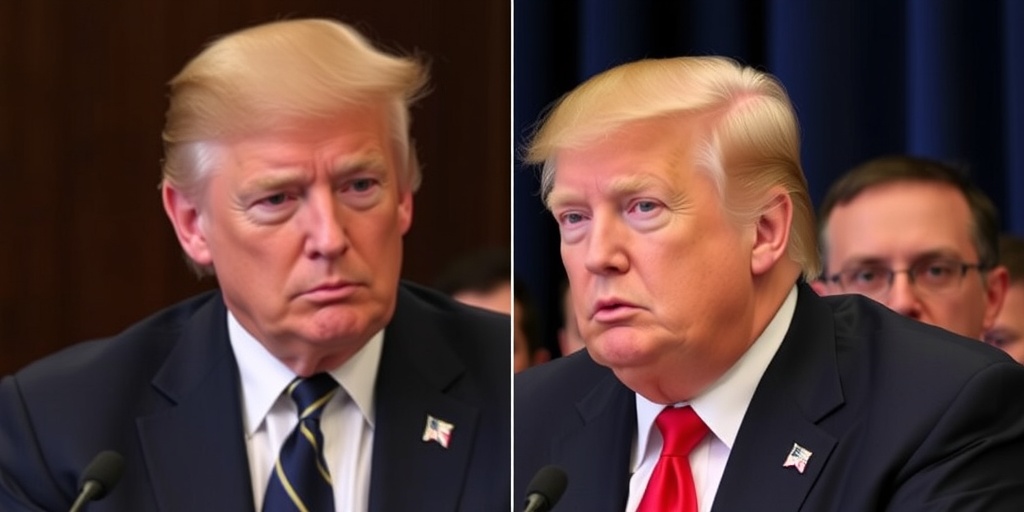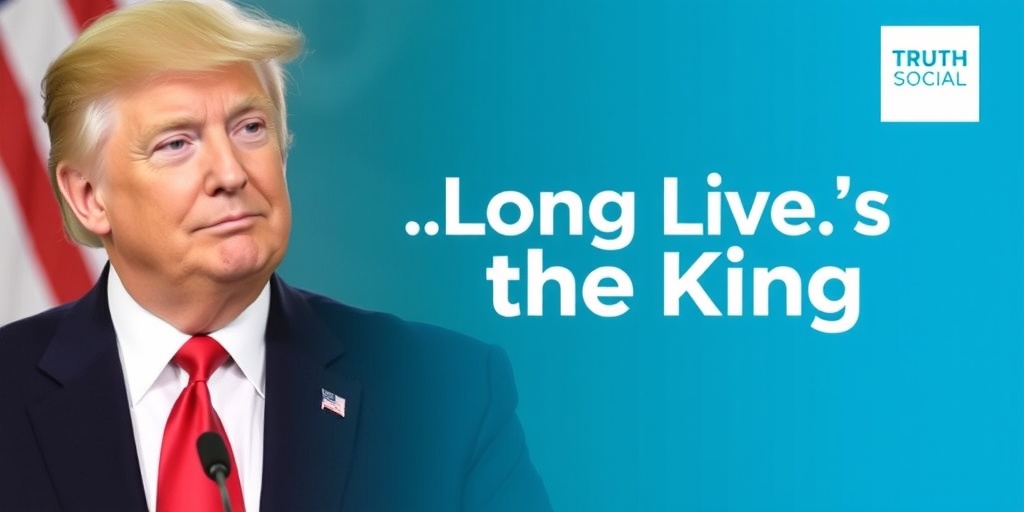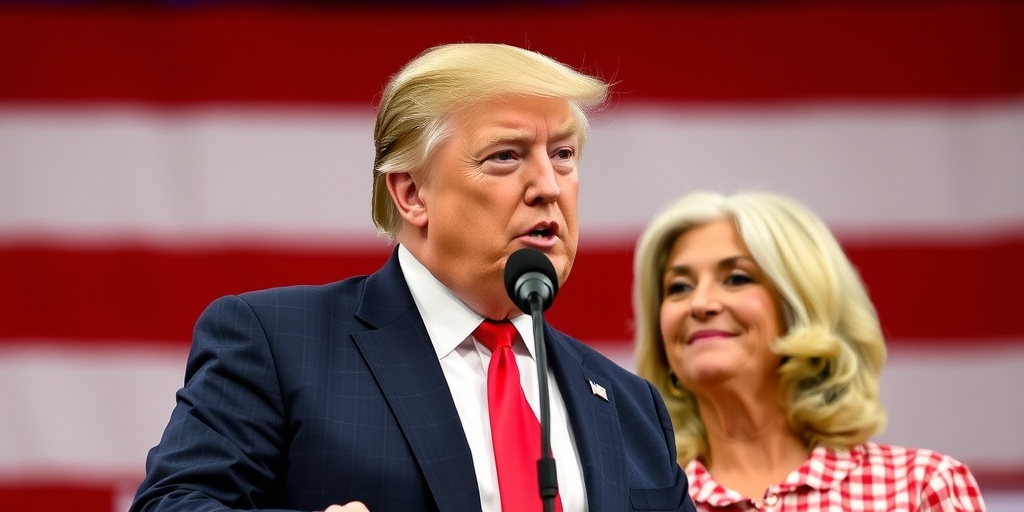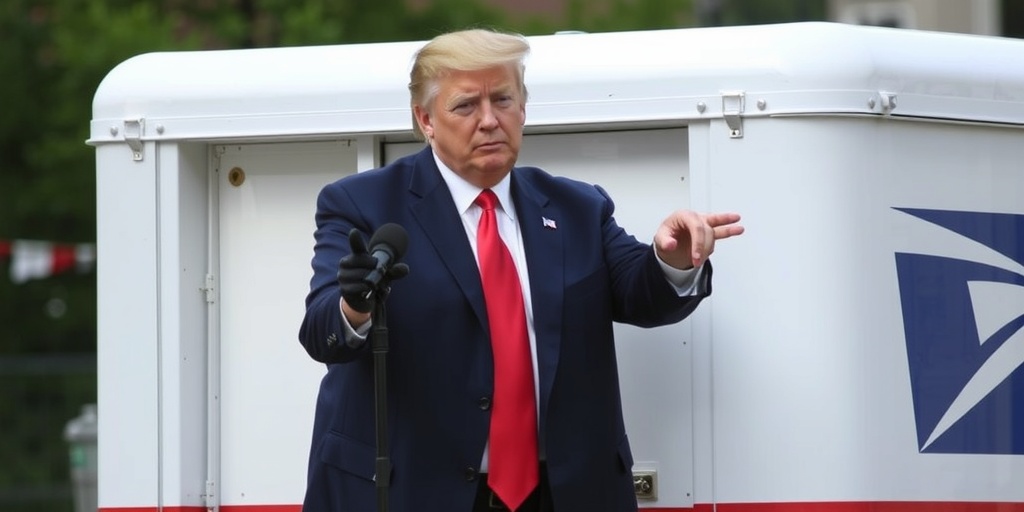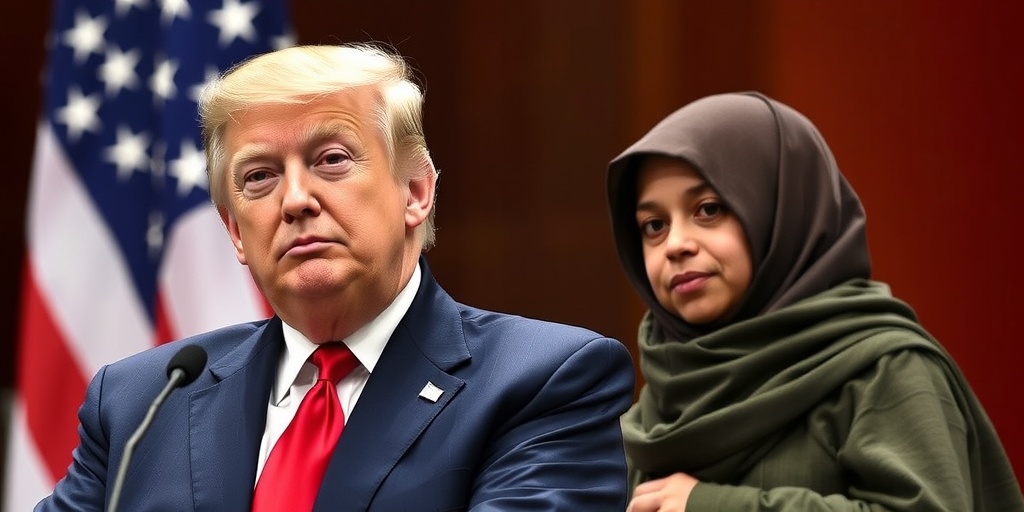Now Reading: Former Health Exec Amy Gleason Takes Charge of DOGE
-
01
Former Health Exec Amy Gleason Takes Charge of DOGE
Former Health Exec Amy Gleason Takes Charge of DOGE
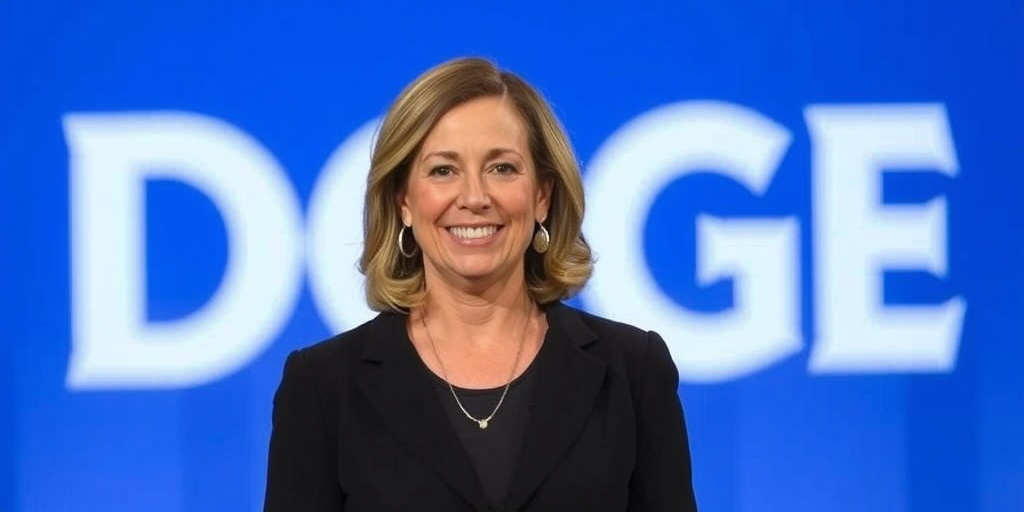
Government Efficiency Task Force Led by Amy Gleason amid Changes Under Elon Musk’s Direction
In a significant development within the federal bureaucracy, Amy Gleason has been appointed as the acting administrator of the Department of Government Efficiency (DOGE), a new task force designed to implement sweeping reforms across government operations. This initiative, spearheaded by billionaire entrepreneur Elon Musk, comes as part of a concerted effort by the Trump administration to reshape governmental processes and reduce costs.
For two weeks, inquiries surrounding the leadership of this ambitious project remained unanswered, creating an atmosphere of uncertainty. It was finally confirmed that Gleason, a former health care investment executive with a background in government technology, is taking the reins of this operation, which reports directly to the White House.
Elon Musk, recognized as the world’s richest individual and a prominent advisor to President Trump, has been a driving force behind DOGE. He initiated an uninterrupted email communication to federal employees, requesting them to compile and share their recent accomplishments. However, the administration’s insistence that Musk does not formally lead this cost-cutting team has only fueled speculation about the dynamics at play. Recently, a federal judge expressed concerns regarding the involvement of non-officials in the oversight of governmental offices, thereby demanding clarity about Musk’s role in this significant overhaul.
The White House confirmed Gleason’s interim leadership role, but prior to this announcement, she was reportedly unaware that her position would be made public while on vacation in Mexico. Having previously worked in the digital service unit during Trump’s first term, she returned to this agency late last year. During her prior tenure, she was stationed at the Department of Health and Human Services, contributing significantly to the federal response to the COVID-19 pandemic.
Gleason’s passion for improving health care systems is rooted in a personal experience; her frustrations with existing medical protocols escalated when her daughter was diagnosed with a rare illness. This motivation led her to a career focused on health care solutions, culminating in her role as chief product officer at a health investment firm following the Trump administration’s first term.
As the DOGE initiative unfolds, Gleason has also been involved in networking with former colleagues, such as Brad Smith, a health care executive who previously collaborated with Trump’s son-in-law on pandemic-related matters. Smith’s intersection with Musk’s cost-saving endeavors eventually brought Gleason back into the fold of public service reforms.
Under Trump’s executive order, established on Inauguration Day, the DOGE was a transformation of a White House technology unit initiated during Obama’s presidency. The order led to significant changes, including moving the digital service agency from the Office of Management and Budget directly into the White House—thus insulating it from many open records laws that traditionally govern federal actions.
During an all-hands meeting, Gleason emphasized the importance of teamwork and collaboration among the newly integrated task force members, many of whom are young engineers and legal experts recruited by Musk to facilitate the government’s overhaul. However, this transition has not been without its challenges. A wave of dissent emerged within the agency, evidenced by the resignation of 21 employees who openly protested against the integration of Musk’s team into what they believe should remain a neutral governmental operation.
In their resignation letter, these departing employees condemned the directives to compromise fundamental government systems, prioritize financial savings over the protection of public services, and jeopardize citizens’ sensitive information. They declared, “We will not lend our expertise to carry out or legitimize DOGE’s actions,” reflecting deep-seated concerns about the initiative’s potential to undermine the integrity of federal systems.
Prior to Gleason’s role becoming public knowledge, journalists urged White House Press Secretary Karoline Leavitt to disclose the administrator’s identity at a press briefing. Her response was evasive, stating, “I’m not going to reveal the name of that individual from this podium,” while assuring the room that the administration has been “incredibly transparent” regarding the operational methodologies of DOGE.
The balance of power, transparency, and oversight in government processes remains a critical discussion point as the federal bureaucracy undergoes these notable changes. It remains to be seen how Gleason’s leadership will shape the future of this ambitious governmental initiative and whether it will be met with further resistance from within the ranks.
Stay Informed With the Latest & Most Important News
Previous Post
Next Post
-
 01New technology breakthrough has everyone talking right now
01New technology breakthrough has everyone talking right now -
 02Unbelievable life hack everyone needs to try today
02Unbelievable life hack everyone needs to try today -
 03Fascinating discovery found buried deep beneath the ocean
03Fascinating discovery found buried deep beneath the ocean -
 04Man invents genius device that solves everyday problems
04Man invents genius device that solves everyday problems -
 05Shocking discovery that changes what we know forever
05Shocking discovery that changes what we know forever -
 06Internet goes wild over celebrity’s unexpected fashion choice
06Internet goes wild over celebrity’s unexpected fashion choice -
 07Rare animal sighting stuns scientists and wildlife lovers
07Rare animal sighting stuns scientists and wildlife lovers













